Microsoft has moved swiftly to shut down widespread speculation that it has abandoned plans for a next-generation Xbox console. The tech giant, facing a flurry of online rumors suggesting the company had quietly scrapped its hardware roadmap, issued firm denials while emphasizing its continued commitment to gaming hardware, software, and cloud services.
The controversy emerged after a series of social media posts and gaming forum discussions suggested internal turmoil within Microsoft’s Xbox division. The posts alleged that the company’s leadership had chosen to pivot away from dedicated console development, focusing instead on expanding its subscription services and cloud-based gaming offerings.
However, according to Microsoft officials and industry insiders, those rumors appear exaggerated — though they raise important questions about how the gaming industry is evolving in an era increasingly dominated by digital platforms and hybrid gaming ecosystems.
The Rumor That Shook the Gaming World
The speculation began when reports surfaced claiming that Microsoft’s planned successor to the Xbox Series X and Series S — rumored to launch in 2026 or later — had been delayed or even canceled entirely. Anonymous sources described a supposed internal “strategic realignment” away from traditional console development.
This rumor quickly spread across gaming news outlets and fan communities, fueled by discussions of Microsoft’s recent restructuring moves, layoffs, and the company’s growing emphasis on cloud-based initiatives such as Xbox Cloud Gaming and Game Pass.
Adding to the confusion, online commenters noted that several major retailers appeared to be lowering inventory levels of Xbox consoles. Some fans interpreted this as a sign that Microsoft was winding down its console production. Within days, the narrative had gone viral: Was Microsoft giving up on the console war?
Microsoft Responds: “We’re Still All-In on Xbox Hardware”
In response, Microsoft issued a direct statement clarifying its position. The company reaffirmed that it remains “fully committed to the future of Xbox hardware” and that its next-generation console development is “progressing as planned.”
Company representatives emphasized that Xbox remains a cornerstone of Microsoft’s entertainment ecosystem — one that integrates console gaming, PC gaming, and cloud streaming. They also highlighted ongoing partnerships with chipmaker AMD, which is believed to be co-developing the core architecture for Microsoft’s next major gaming device.
“We’re building the future of gaming through a combination of powerful hardware, innovative software, and cloud technology,” a Microsoft spokesperson said. “The Xbox ecosystem will continue to expand across devices and experiences.”
Despite this reassurance, many gamers remain skeptical, noting that Microsoft’s messaging seems to prioritize ecosystem growth and service revenue rather than emphasizing console exclusivity — a stark contrast to Sony’s continued focus on PlayStation as a flagship product.
Industry Analysts See a Strategic Evolution
Analysts who follow Microsoft’s gaming division say the company’s denial does not mean everything is business as usual. Rather, they believe the tech giant is adapting its strategy to align with long-term market realities.
For years, Microsoft has sought to position Xbox as more than just a box under the TV. Its Xbox Game Pass subscription model has redefined how players access content, offering hundreds of games on-demand across console, PC, and mobile. Meanwhile, its acquisition of major studios — including Bethesda and Activision Blizzard — has been aimed at building a library strong enough to anchor its digital services.
“Microsoft isn’t walking away from consoles — it’s redefining what a console means,” said gaming analyst Thomas Klein. “Future Xbox hardware may not follow the traditional ‘generation’ cycle. Instead, we might see modular, cloud-integrated, or hybrid systems that blur the line between local hardware and streaming.”
A Shift Toward Ecosystem-Based Gaming
Microsoft’s broader gaming strategy appears to center on building a seamless ecosystem that spans devices. With Game Pass as the foundation, the company envisions a future where players can move fluidly between Xbox consoles, PCs, and mobile platforms — powered by cloud technology.
That approach has significant implications. It reduces Microsoft’s reliance on selling hardware at thin margins and instead focuses on recurring revenue from subscriptions. It also aligns with CEO Satya Nadella’s broader corporate philosophy: prioritizing long-term service models over hardware sales.
However, this evolution comes with risks. Many gamers still associate brand loyalty with console identity — the feeling of owning a physical device that represents a platform’s power and legacy. If Microsoft’s hardware offerings become secondary, some fear it could weaken Xbox’s cultural presence compared to rivals like Sony and Nintendo.
What the Future Xbox Might Look Like
Even amid speculation, leaks from credible industry insiders suggest that Microsoft’s next console is still in active development. Reports describe it as featuring a custom AMD chipset, improved ray tracing performance, faster storage, and energy-efficient architecture.
Early prototypes, according to insiders, may also experiment with hybrid gaming — allowing players to seamlessly switch between cloud-streamed and locally installed games. This could mirror the approach taken by devices like the Steam Deck and the PlayStation Portal, which bridge the gap between handheld and home gaming experiences.
Microsoft has reportedly considered modular concepts as well — potentially allowing users to upgrade certain components without purchasing an entirely new system. While unconfirmed, such innovation would fit Microsoft’s recent push toward sustainability and scalability across its hardware lines.
The Competitive Landscape
Sony’s PlayStation division continues to dominate the traditional console market, with strong sales for the PS5 and heavy anticipation surrounding the rumored PlayStation 6. Nintendo, meanwhile, remains highly profitable with its hybrid Switch platform, which continues to attract massive global audiences.
For Microsoft, competing in this environment means striking a balance between innovation and familiarity. Its challenge lies in convincing gamers that its ecosystem — rather than any single device — represents the future of gaming.
If executed effectively, this strategy could allow Microsoft to break free from the hardware sales race and focus instead on platform-wide growth. If it falters, however, the Xbox brand risks losing its foothold among traditional console players.
Conclusion: A Transitional Moment for Xbox
Microsoft’s denial of next-gen Xbox cancellation rumors may be accurate, but it also highlights a deeper truth: the gaming landscape is changing, and so is the role of consoles within it.
Whether the next Xbox arrives in two years or five, it will likely look very different from what players expect today. The company’s focus on services, cloud gaming, and open platforms suggests that its future will not depend solely on how powerful its next machine is — but on how seamlessly it connects the global gaming community.
As Microsoft continues to navigate these transformations, one thing is certain: the days of the traditional console war are fading, giving way to a new battle — for ecosystems, experiences, and engagement.

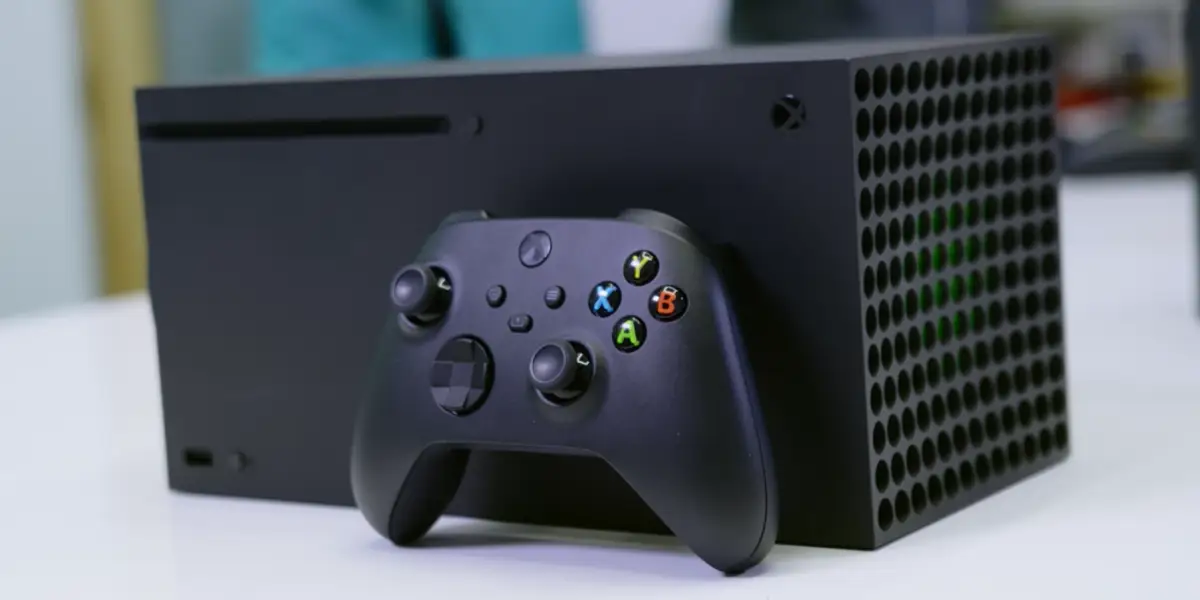
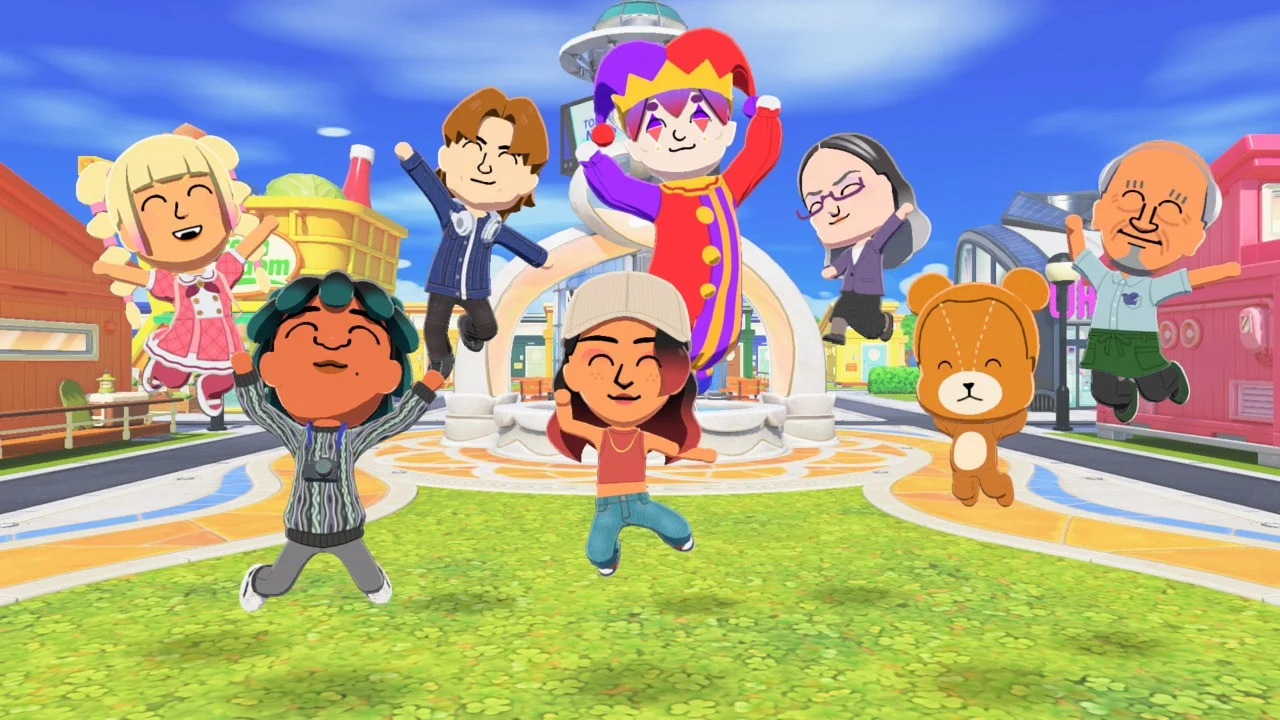
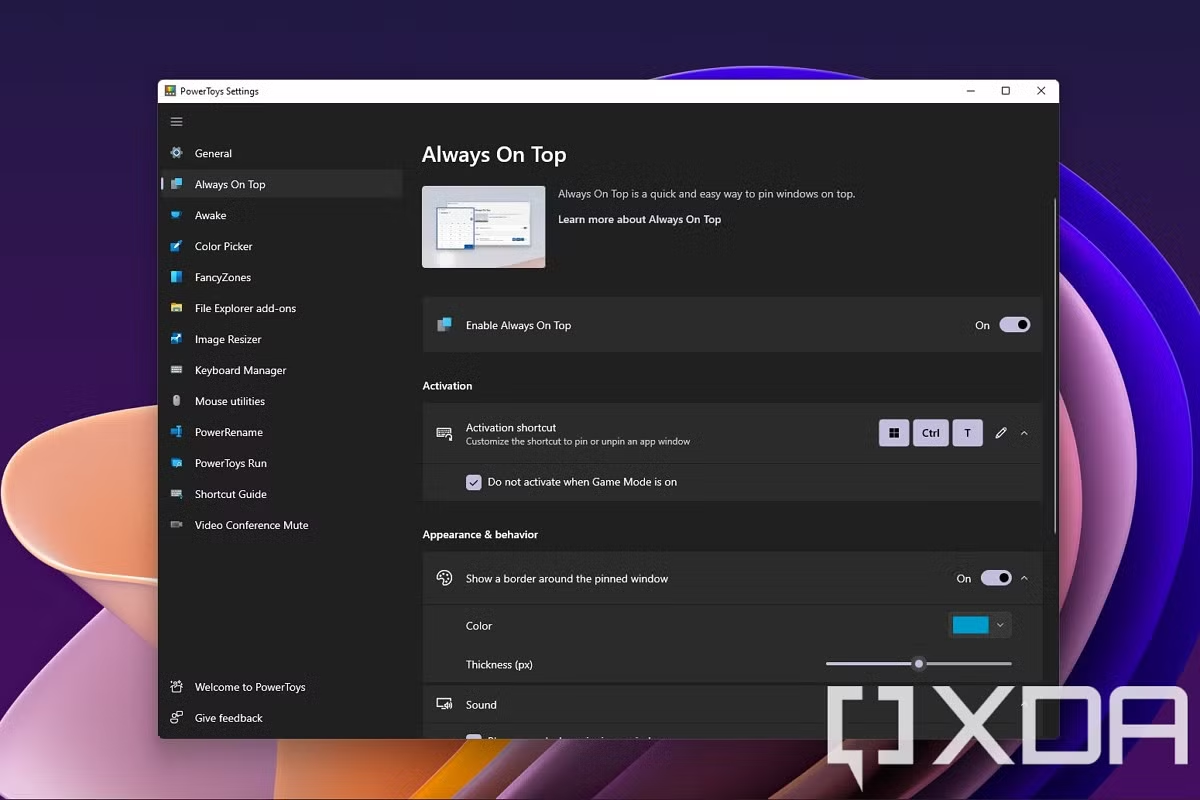
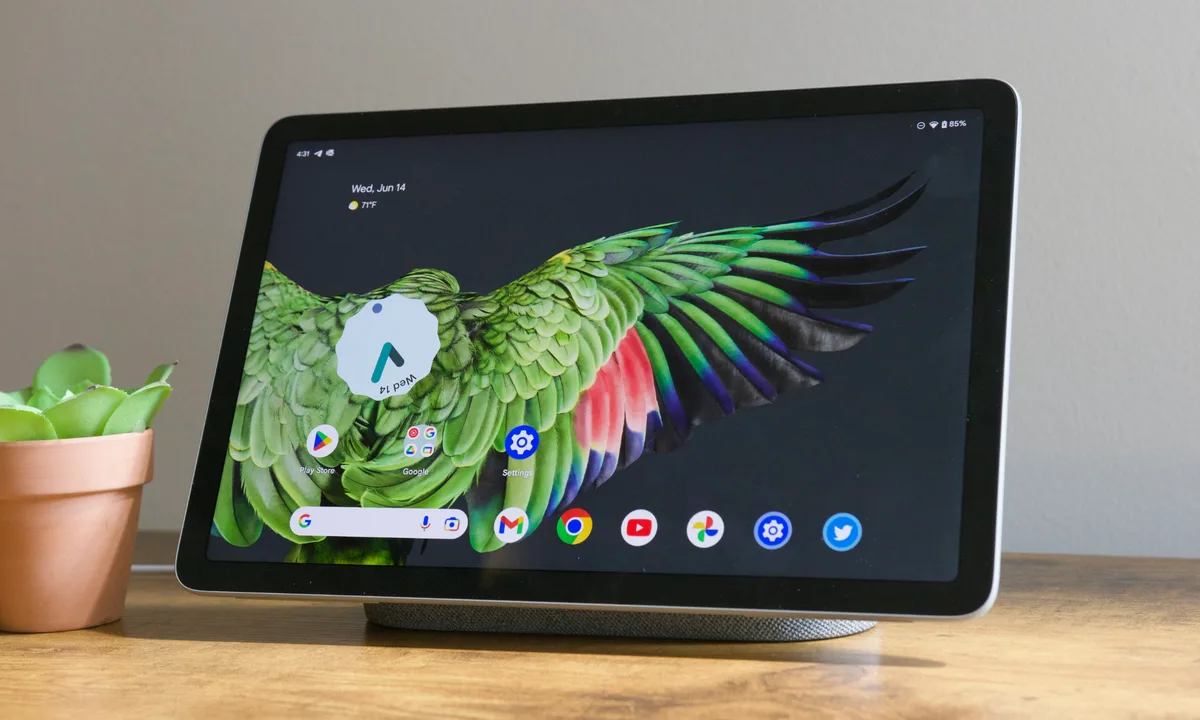
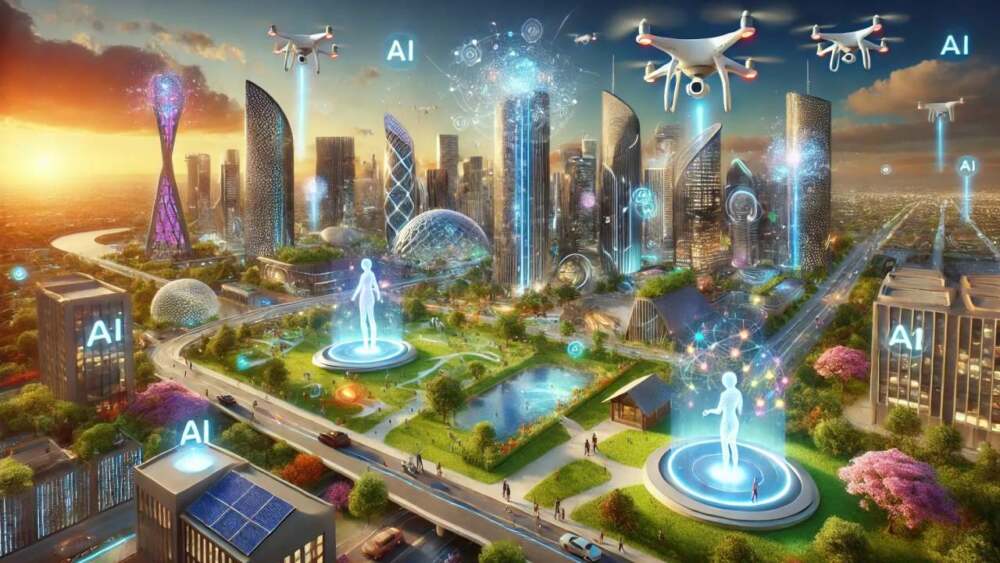
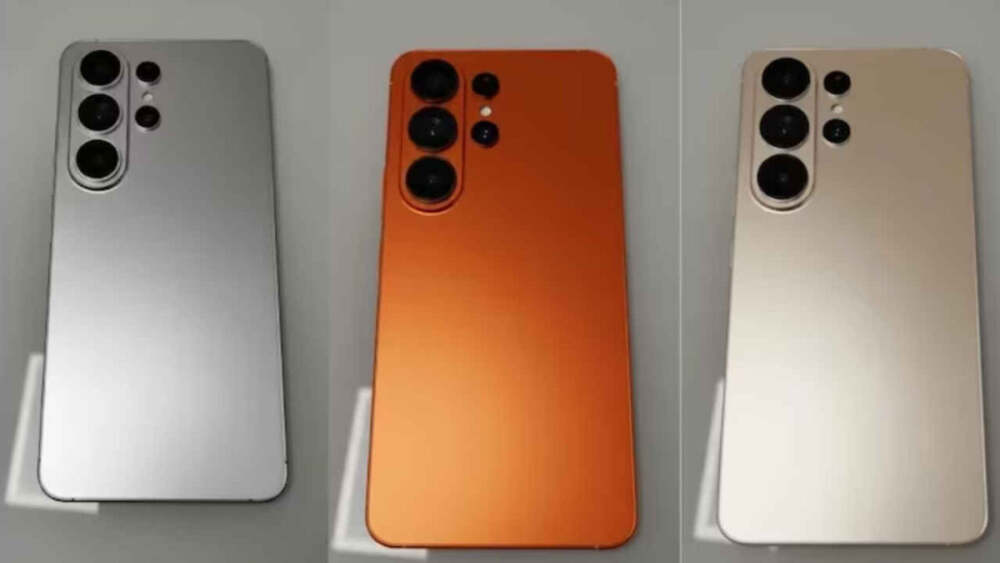
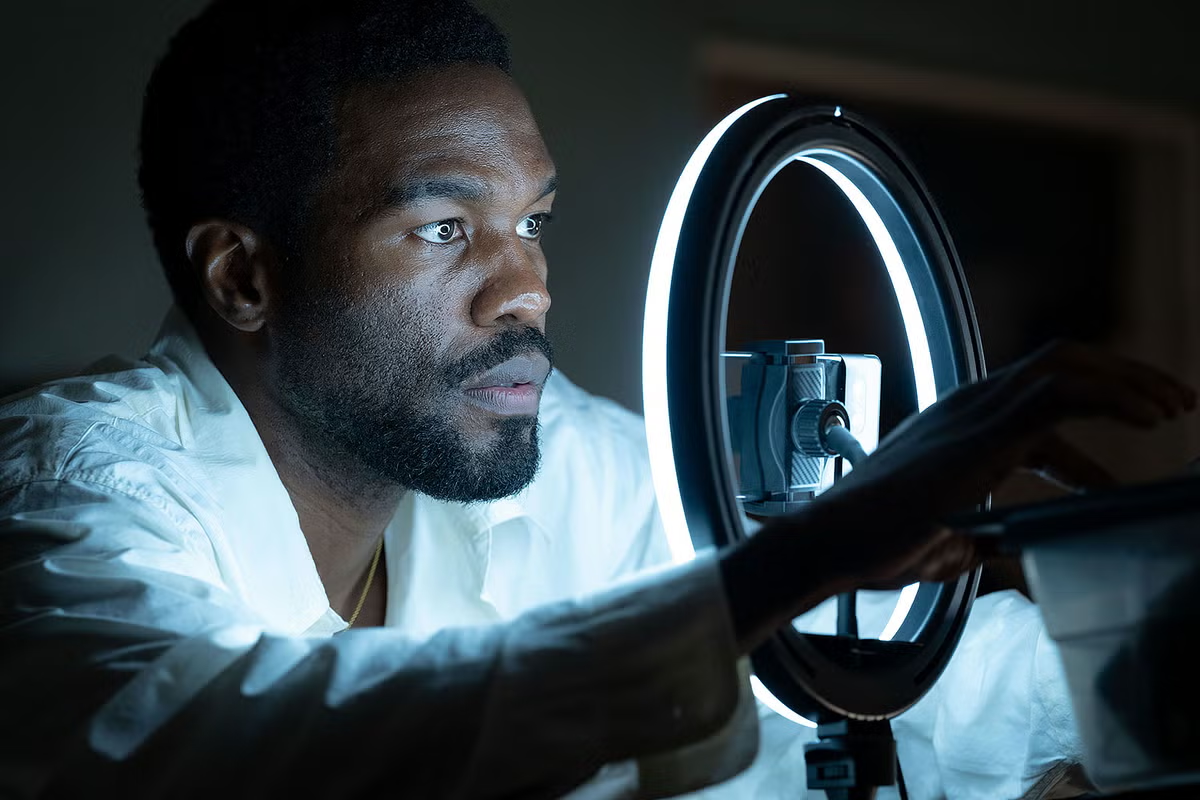
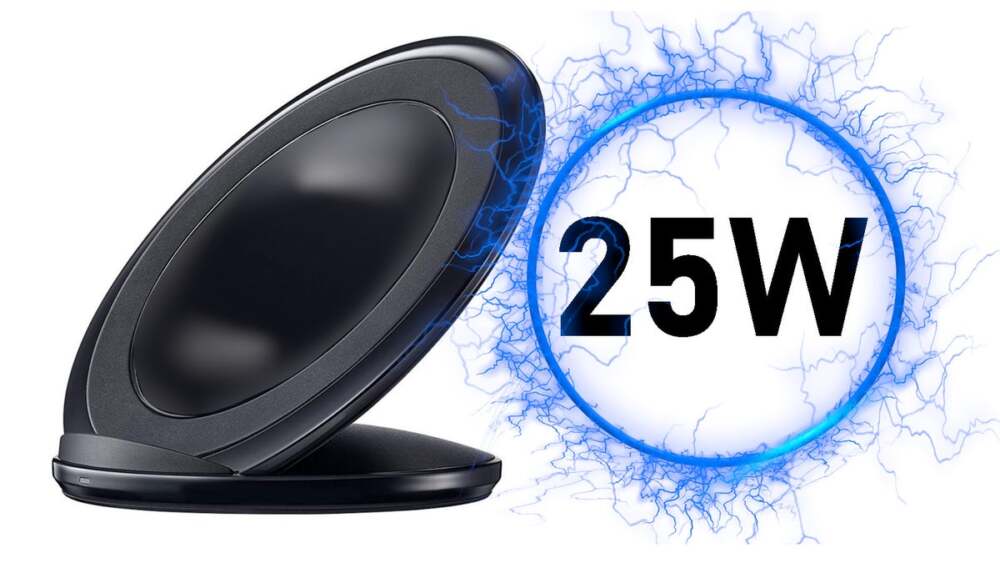
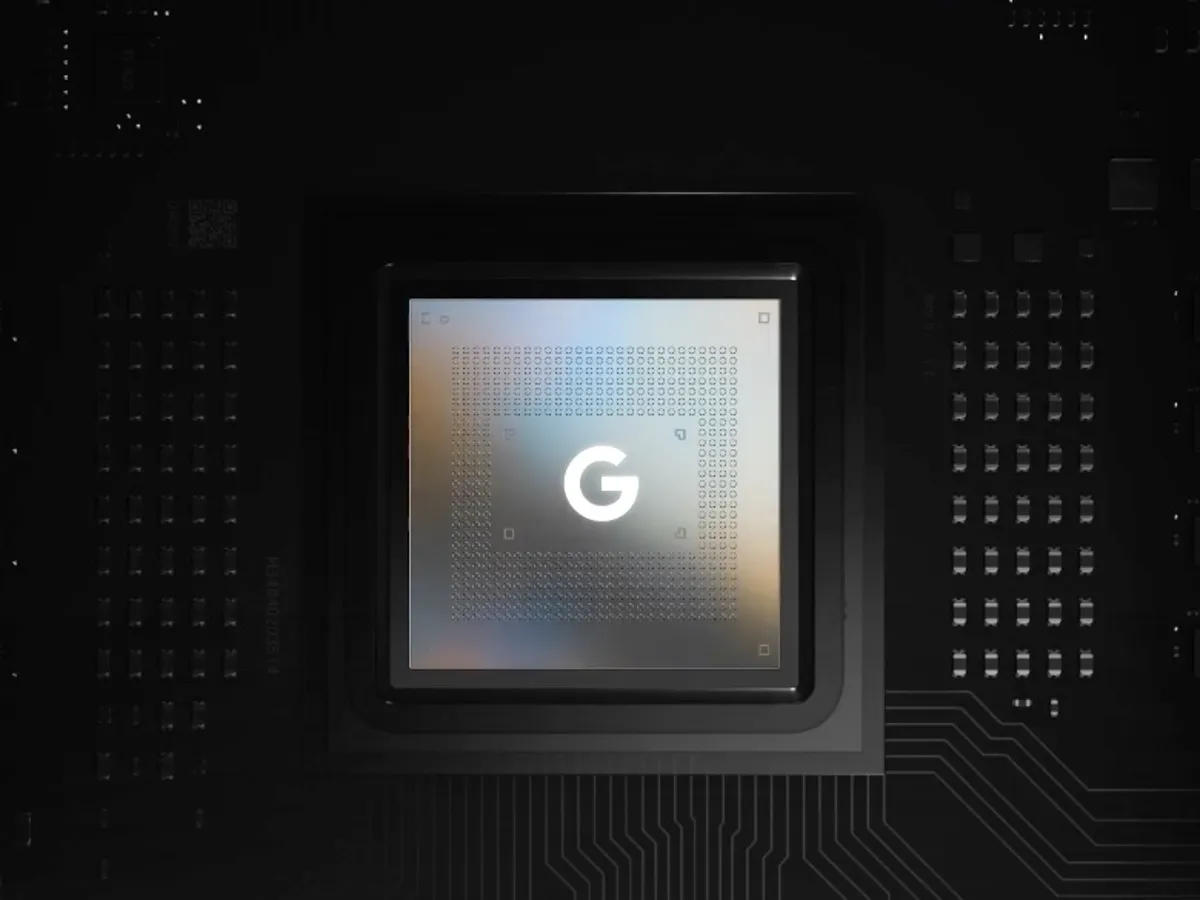
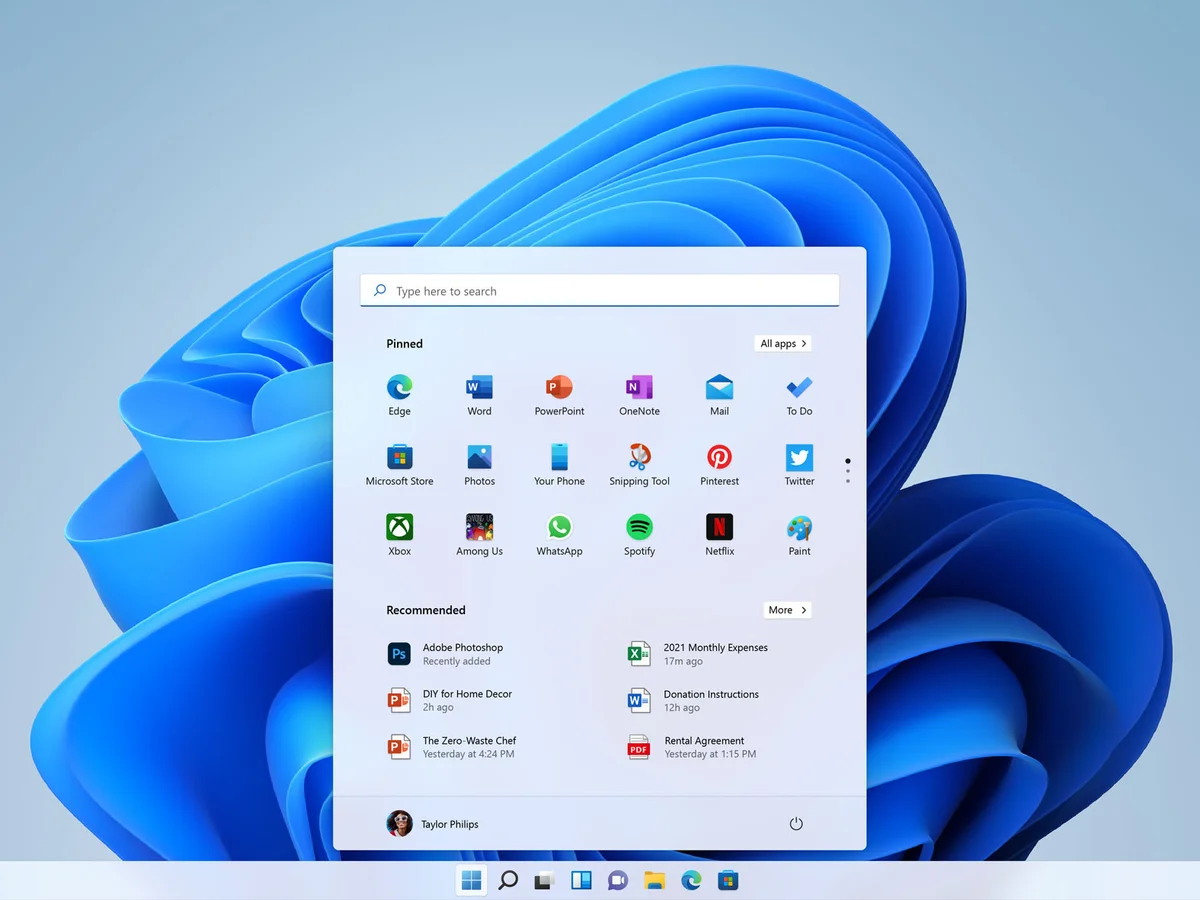
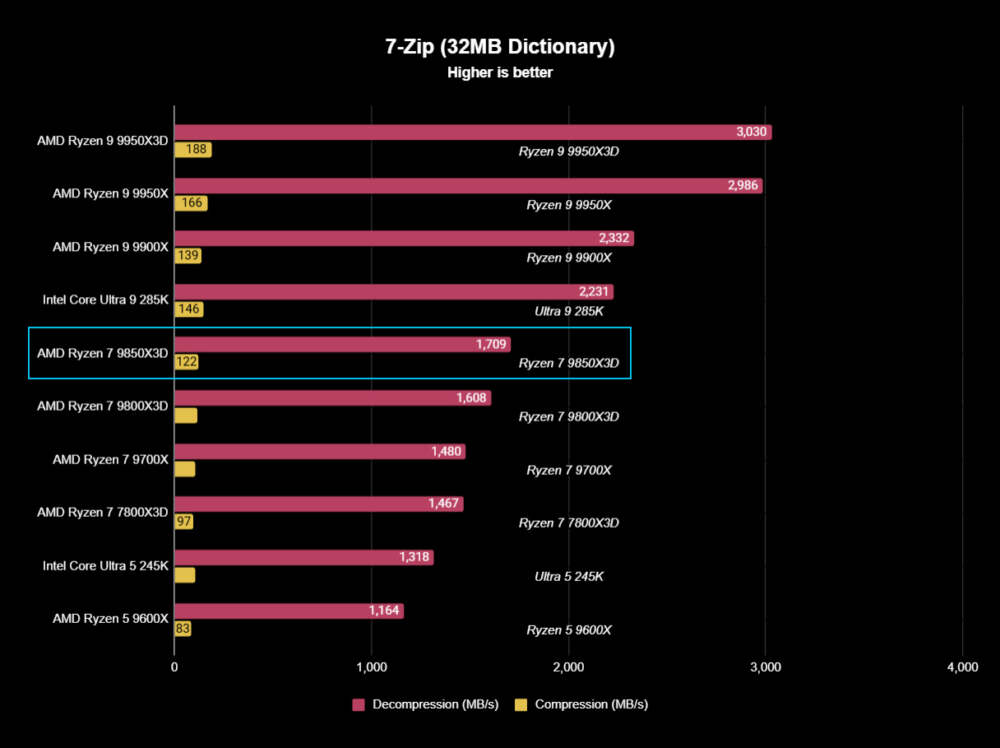




Leave a Reply